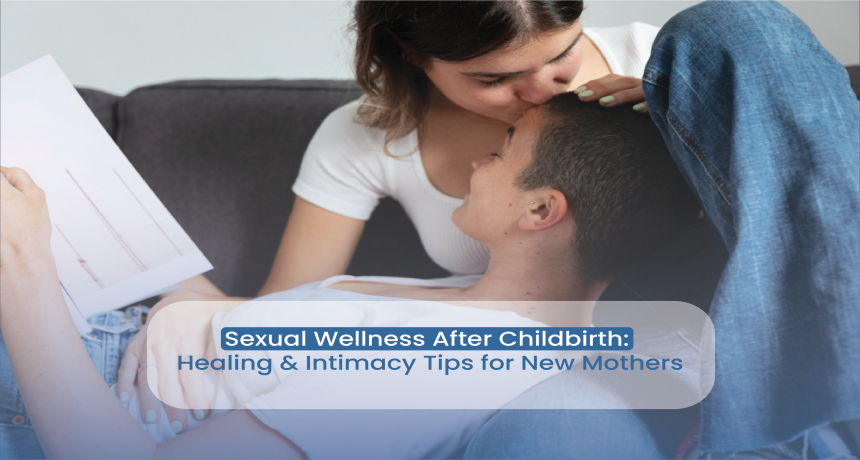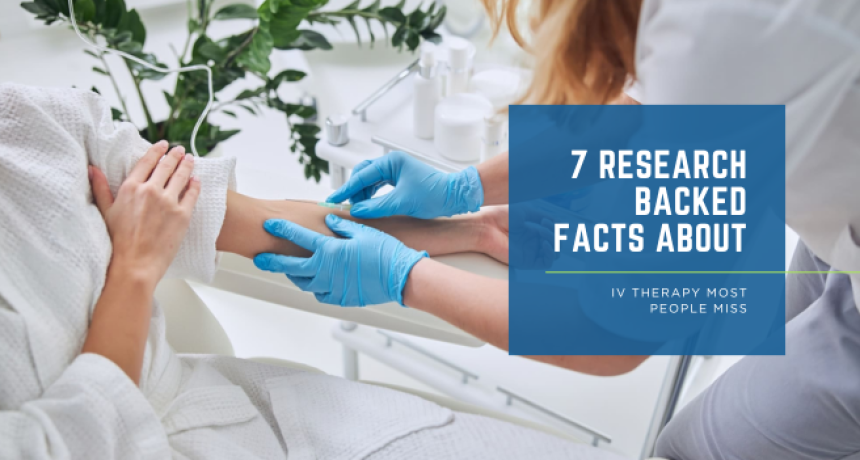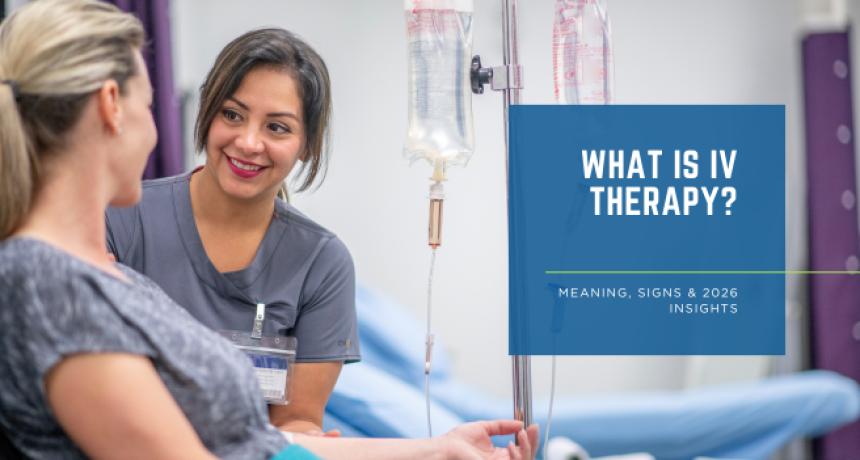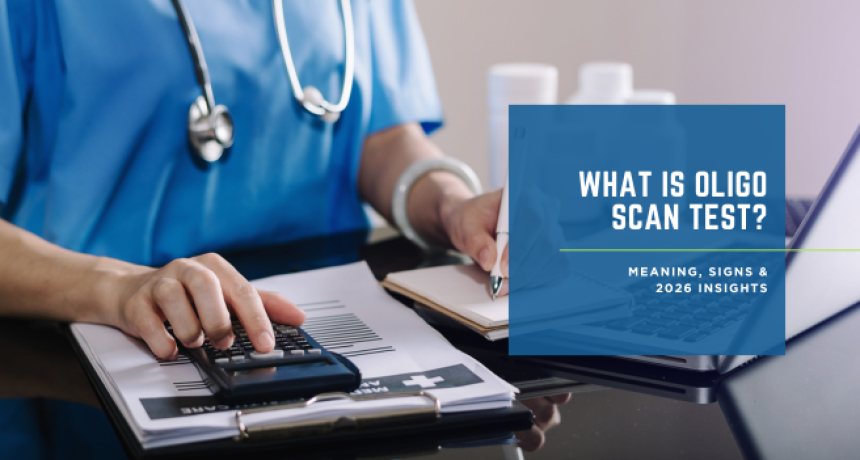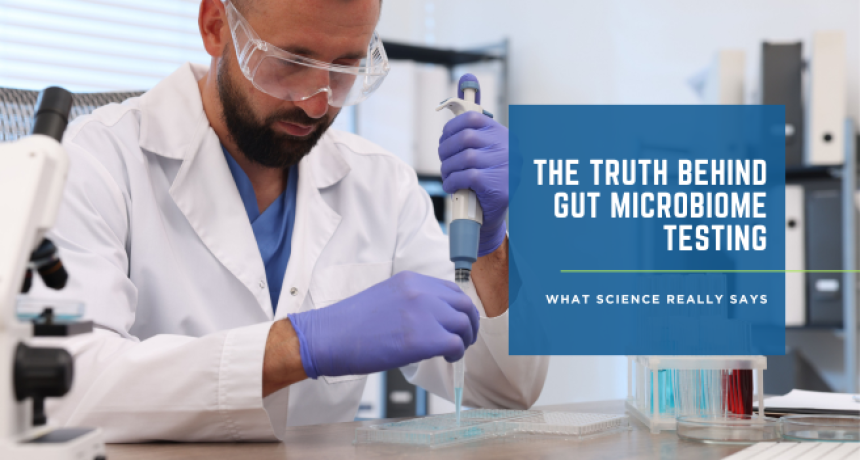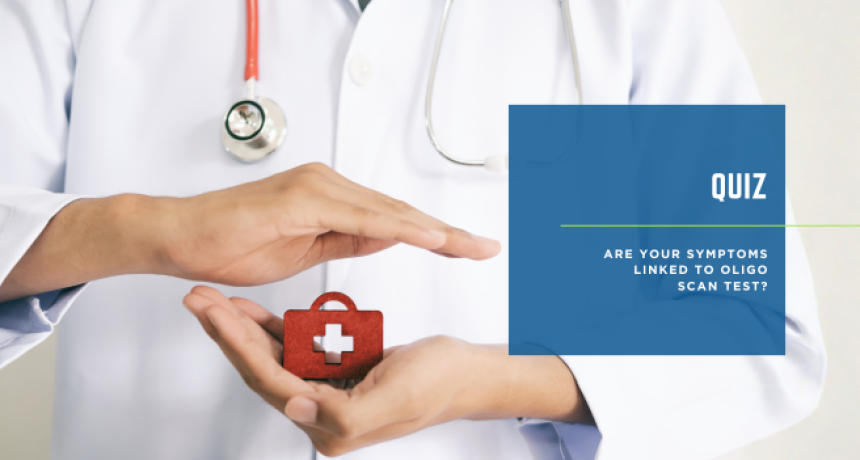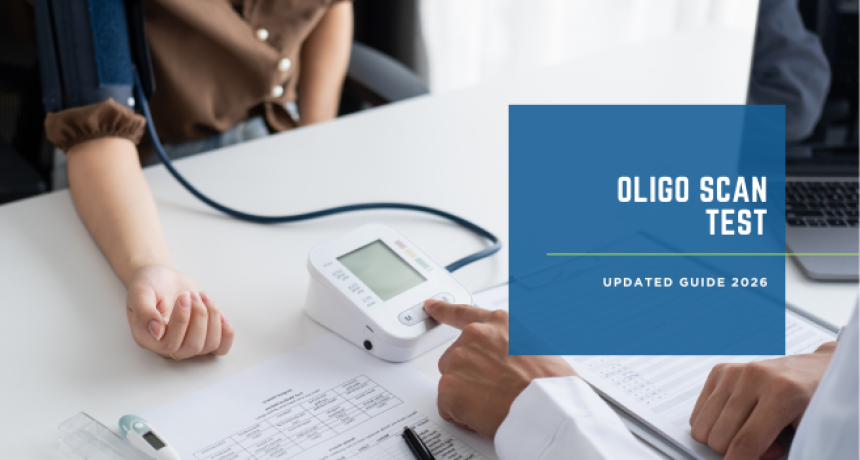Sexual Wellness After Childbirth: Healing & Intimacy Tips for New Mothers
2015-07-28 Childbirth transforms your body, your hormones, your schedule—and your relationship. But what’s often left unspoken is how much it transforms your sexual wellness too. From painful sex and vaginal dryness to emotional disconnect and postpartum libido loss, many new mothers feel caught off guard. If you're wondering “Why don’t I feel like myself?” or “When will I feel ready for intimacy again?”—you are not alone. At L&B Clinics in Delhi, we work with women to support postpartum sexual health as a natural, essential part of healing. This blog will guide you through the common physical and emotional challenges after childbirth, and provide safe, practical tips for regaining confidence, pleasure, and closeness in your relationship. The Truth About Postpartum Sex No matter how you gave birth—vaginal or C-section—your body has undergone immense change. It takes time for the vaginal tissues, perineum, pelvic floor, and hormone levels to recover. The general advice of waiting six weeks before resuming sex isn’t one-size-fits-all. Doctors typically recommend waiting at least 6 weeks postpartum to allow for uterine healing, cessation of bleeding, and repair of any tears or stitches. But even after this period, readiness depends on: Pain levels Vaginal dryness or tightness Pelvic floor strength Emotional wellbeing Mutual consent and comfort What Happens to Sexual Health After Giving Birth? Estrogen levels drop sharply after delivery—especially if you’re breastfeeding. This can lead to: Vaginal dryness Thinning of vaginal walls Lower libido Reduced blood flow to genital areas Tears, episiotomies, or even just the pressure of labor can weaken or strain pelvic floor muscles, affecting: Vaginal tone Bladder control Orgasm response New mothers often report: Body image issues Exhaustion and sleep deprivation Anxiety or postpartum depression Feeling “touched out” from constant caregiving All of these can lower sexual desire, even in a loving relationship. Partners may feel disconnected or unsure how to support you. Resuming sex becomes layered with fear, pressure, or confusion—on both sides. Is Painful Sex Postpartum Normal? Yes—and treatable. Common causes of dyspareunia (pain during sex) after childbirth include: Scar tissue or perineal trauma Vaginal dryness Pelvic floor tension Psychological fear or anxiety If you're experiencing pain, don't push through it. Pain is a sign your body needs care, not guilt. At L&B Clinics, we use pelvic floor physiotherapy, lubrication strategies, and guided exercises to support healing. Vaginal estrogen (in cream or tablet form) may also be recommended in breastfeeding women if dryness is persistent. How to Regain Intimacy After Baby: What Works Here are science-backed and experience-driven tips we share with new mothers at L&B: Openly talk with your partner about fears, expectations, or physical limitations. Emotional intimacy is a foundation for physical closeness. Try: Non-sexual touch or cuddling Massage or bodywork Eye contact and mindfulness in daily tasks Postpartum estrogen decline often causes vaginal dryness. Water-based or hyaluronic acid-based lubricants reduce friction and make the experience more comfortable. If dryness persists despite lubrication, speak to your doctor about low-dose vaginal estrogen therapy. Kegel exercises can: Improve vaginal tone Enhance sensation Prevent incontinence Reduce pain during penetration At L&B Clinics, we offer pelvic floor rehab programs tailored for postpartum women—including biofeedback and physiotherapy. Intimacy doesn’t have to be penetrative. Rediscover pleasure through: Sensual massage Oral sex Manual stimulation Fantasy, roleplay, or conversation It’s okay if the definition of “sex” changes during recovery. Libido doesn’t operate in isolation. It’s influenced by: Sleep (or lack thereof) Iron and B12 levels Mental health Hormonal balance At L&B, we run postpartum blood panels to identify deficiencies and offer supplement or dietary support. Adaptogenic herbs like Ashwagandha or Maca may also help under clinical guidance. Also Read: Hormonal Imbalance in Women: Understanding the Causes and Symptoms When to Seek Help: Red Flags Not to Ignore Painful sex beyond 3–4 months postpartum Bleeding during or after intercourse Lack of interest that persists even after sleep and stress improve Signs of postpartum depression (tearfulness, loss of joy, detachment from baby or partner) Vaginal pressure or heaviness (possible prolapse) Remember: Just because something is common doesn’t mean you have to live with it. Real Stories from New Moms Ritika, 33 (two kids): Nisha, 29 (first-time mom): How L&B Clinics Supports Postpartum Sexual Health We offer a comprehensive, personalized, and holistic approach to sexual wellness for postpartum recovery: Hormone levels (estrogen, prolactin, thyroid) Iron, B12, Vitamin D Pelvic health evaluation Pelvic floor physiotherapy Scar tissue massage Kegel training with biofeedback Sexual wellness counseling Libido-supporting herbs and nutrients Safe postpartum-safe lubricants Sleep and stress strategies for new parents All care is confidential, respectful, and tailored to your unique postpartum journey. Final Thoughts: There Is No “Right Time”—Only Your Time Sex after childbirth isn’t a milestone you need to check off. It’s a process—one of healing, rediscovery, and rebuilding intimacy on your terms. If you’re struggling, feeling disconnected, or unsure where to begin, know this: you’re not alone, you’re not broken, and help exists. At L&B Clinics, we honor your story—whether it’s your first baby or third—and walk with you towards feeling whole, confident, and connected again. References American College of Obstetricians and Gynecologists – Postpartum Sexuality Guidelines Journal of Sexual Medicine – Dyspareunia After Childbirth Mayo Clinic – Postpartum Hormonal Changes and Libido International Urogynecology Journal – Pelvic Floor Recovery in Postpartum Women WHO – Maternal Health and Postpartum Recovery British Journal of General Practice – Counseling Approaches for Postpartum Sexual HealthIntroduction: You’re Healing, Not Broken

So when is it safe to have sex after delivery?
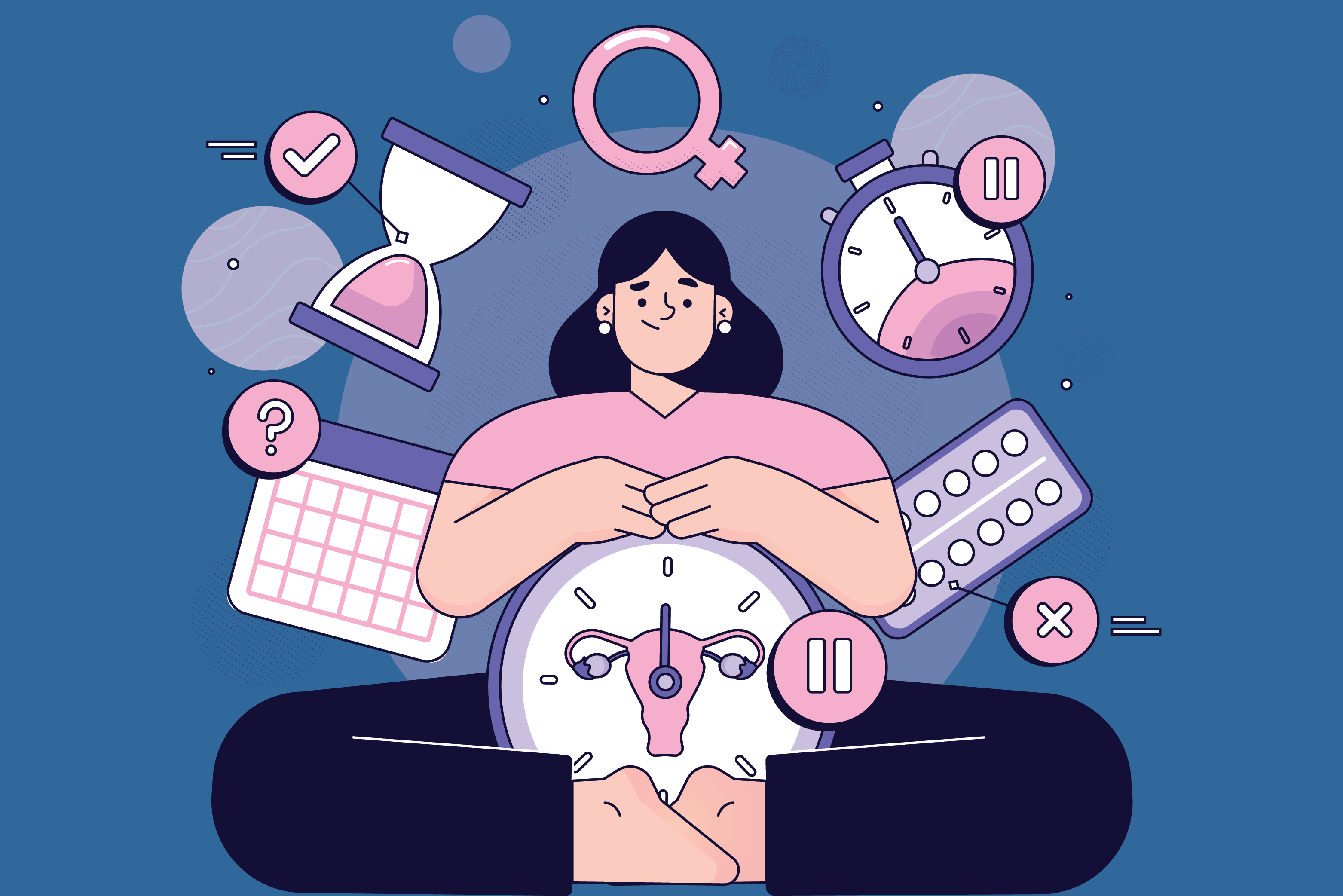
1. Hormonal Shifts
2. Pelvic Floor Trauma
3. Emotional & Psychological Load
4. Relationship Shifts
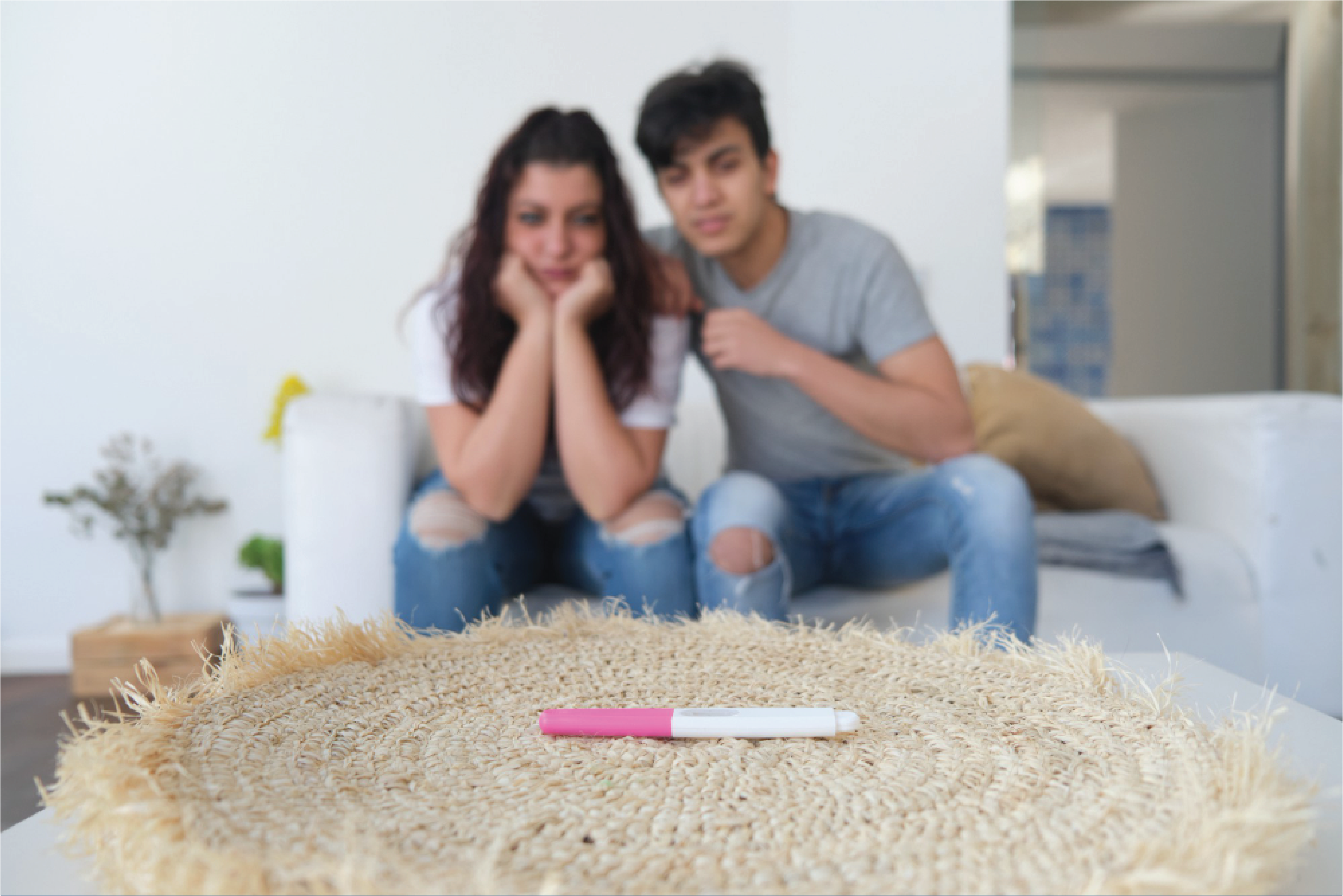
1. Start with Communication, Not Intercourse
2. Use Lubrication—Generously
3. Strengthen Your Pelvic Floor
4. Redefine What Sex Means Right Now
5. Address Postpartum Libido Loss Holistically

“I thought I was broken. My libido vanished, and sex was painful. But the team at L&B listened without judgment. We worked on pelvic healing and hormone support. Within three months, I felt confident again—not just as a mother, but as a woman.”
“My husband and I felt so disconnected. The baby took over everything. Through counseling at L&B, we learned how to be intimate without pressure. Our bond is stronger now, and sex came back naturally.”🧬 Diagnostic Testing:
🧘♀️ Therapeutic Services:
💊 Supplement & Lifestyle Guidance:
.png)
